Dr. Anant Phadke has been actively working to improve the quality of services in government hospitals, ensure affordable private healthcare for people, regulate medicine prices, and ban irrational and harmful drugs in the market. He has strived to create a common platform for dialogue between people and doctors to counter profiteering and unethical practices in the medical field.
He has made a significant contribution to several national-level intellectual forums such as Medico Friend Circle, and the All India Drug Action Network, which reflects on making the healthcare system and drug policies people-oriented. In Maharashtra, Dr. Phadke has maintained a strong connection with society through the Lokvidnyan Sanghatana, by publishing science awareness calendars and informative booklets about diseases and surgeries.
On April 15 2025, Dr. Phadke completes 75 years of age, and Chinu Srinvasan celebrates his life's work.
My first encounter – if that is the word – with Anant was in one of the MFC (Medico Friend Circle) meetings in the mid-80s at Sewagram. Two years older than me, he already had a formidable reputation as a serious, incisive, no-nonsense person. He was also known for not suffering fools easily. If he was walking towards me on the same side of the road, I would cross the road to the other side. I had no wish to make a fool of myself.
This, his focus and intent, as so many others would testify, was a blessing in disguise. Our collective thinking got clarified in the process. He was/is the quintessential activist, but on understanding issues, or taking positions on scientific/policy issues, he lets his searching scholarly mind do the work. A loss to academia perhaps but a gain to us in the social sector.
Around 1990, he became a trustee of a not-for-profit pharmaceutical Trust Low-Cost Standard Therapeutics (LOCOST), which focuses on producing and distributing generic medicines at low prices. Some of us were involved LOCOST since 1983-84. LOCOST has been manufacturing and selling these good quality generic medicines (now more than 100 of these) at rates which are half to one-fifth lower than other pharma companies. This is despite the fact the LOCOST factory is a small enterprise and hence it’s cost of production is comparatively more.
LOCOST also tries to encourage rational use of medicines among its partners and tries to educate lay people about rational medical care and other health issues through a montly in Gujarathi – “’Aapanoo Swasthya”. We are also active in issues related to the political economy of the pharmaceutical sector. And we intervene in Supreme Court and High Courts, through PILs, on issues related to medicines. You can visit www.locostindia.in for more information.
With Anant in the Trust, our Annual Board Meetings are more thorough affairs. From finance to quality of medicines and the kind of medicines to make, issues are discussed with a fine comb. Anant also believes in extending support to us on the operational side, when the organization is in crisis. So when he says he is getting to be 75, and is retiring, we do not want to let him go.
Anant is also a prolific writer on a wide range of issues, medical and non-medical. He is that rare breed nowadays: a bilingual intellectual. He writes and speaks in public with equal ease in Marathi and English on medicines and health – always with the concerns of ordinary citizens in mind. One of his books in Marathi has been awarded by the Government of Maharashtra.
We both are also members of the Medico Friend Circle (MFC) and the All-India Drug Action Network (AIDAN). On the occasion of the 50 years of MFC (1975-2024), we were putting together anthologies of articles published in the MFC Bulletin. I found that of all the talented members of MFC, it was Anant who has been contributing the most over the 50 years and on a variety of health topics at that. (See https://MFCindia.org/publications/) .
More recently, Anant wrote for The Hindu Centre for Politics and Public Policy on Why Medicines are so Costly in India (Policy Watch No 20). The undermentioned chapters give an idea of the issues covered:
1. Why Medicine Prices Should Be Regulated
2 Tokenistic Regulation of Medicine Prices.
3. Pharmaceutical Companies Can Afford to Sell at Much Lower Prices
4. Branded Medicines, Irrational FDCs, ‘Me-Too Medicines’, and Ever-Greening of Patents
5. Policy Measures to Make Medicines Affordable
(See https://www.thehinducentre.com/publications/policy-watch/68946423-Policy_Watch_No.20.pdf)
 This Policy Watch tract is typical Anant: getting into details when others, however competent, would hesitate. There is no attempt to smoothen over complexity without sacrificing a level of readability. He ends the Policy Watch note with the following suggestions:
This Policy Watch tract is typical Anant: getting into details when others, however competent, would hesitate. There is no attempt to smoothen over complexity without sacrificing a level of readability. He ends the Policy Watch note with the following suggestions:
Based on the account above, let me summarise in a sentence each, the various corrective measures that have been outlined in the above pages to ensure that medicines are not priced unnecessarily high and that only the most effective, standard quality medicines are available in the market.
1. Implement cost-based price control on all medicines marketed in India.
2. Abolish brand names; medicines be prescribed and sold only under their generic names.
3. Ban all irrational medicines and irrational fixed-dose combinations, i.e. medicines not recommended by standard medical literature or by a national expert committee.
4. Strengthen the Central Drugs Standard Control Organisation and State Food and Drugs Administration (FDAs) while making their functioning transparent and accountable.
5. Do large-scale, manifold duplication of Jan Aushadhi stores across India.
6. Generalise the Tamil Nadu model of procurement and distribution of generic medicines in all PHFs across India, with necessary modifications if required.
7. Use the provisions of compulsory licensing, as permitted in the Doha Declaration, along with all other "TRIPs flexibilities" when necessary.
8. Engage in international diplomacy, in collaboration with like-minded forces, to revert to the process patenting system.
9. Adopt the Open Drug Discovery approach for developing new medicines bypassing the patent system.
I have used the word ‘intellectual’ above to characterize Anant. I should clarify: Anant is a public intellectual, with the emphasis on the adjective ‘public’ and without the connotation of ‘impractical’, ‘arm-chaired’, etc. He uses his education as a medical doctor, clinically in the service of the less privileged, as well as in policy matters, where service of the public – for the larger good – is the main motive. And willing to put his reputation, and courage, at stake when needed. The bilingual public intellectual is a rarer breed. (See also: RamachandraGuha. The Rise and Fall of the Bilingual Intellectual. Economic and Political Weekly.Vol. 44, Issue No. 33, 15 Aug, 2009.)
Among other hats he wears, Anant is also a Marxist leftist without genuflection to any political party ideology. Whereas I consider myself as a liberal, may be tilted towards the left, but barely conversant with Marxist discourse.
Over the years, Anant has mellowed. So did many of us, I would like to believe. Gradually, I learnt to disagree with him when needed. Anant is more Gandhian in some ways than Marxist, with simplicity, gentleness and compassion as guiding principles, concerned about his friends and extended family members, childlike in his joy and curiosity, not hesitating toapologise when he thinks he is in the wrong, and not having second thoughts in calling a spade as a spade whenever and wherever the situation demands.
It always amazes me how I, who is so dissimilar to him, can count him as one of my esteemed friends. It is one of the good things of my life. My thanks to Anant and Sandhya, his generous, gracious life partner. Without Sandhya, there would not be the Anant we love and cherish.
- S.Srinivasan (Chinu)
(Co-founder LOCOST Vadodara)
Tags: locost sadhana digital low cost medicine affordable medicne medicne noble profession Load More Tags

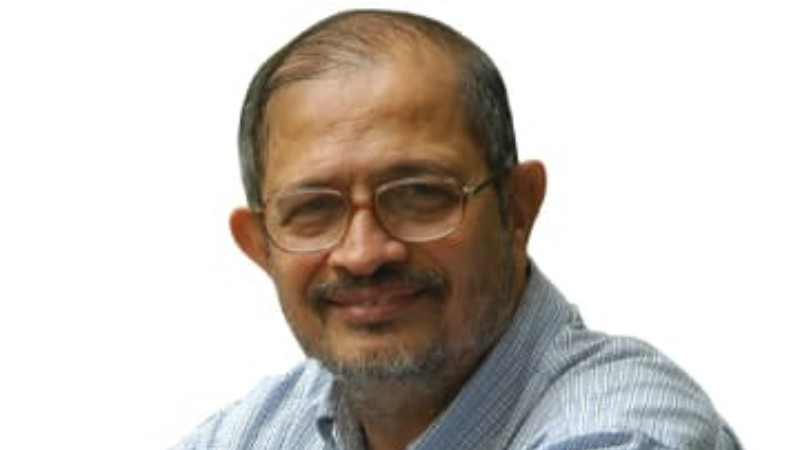
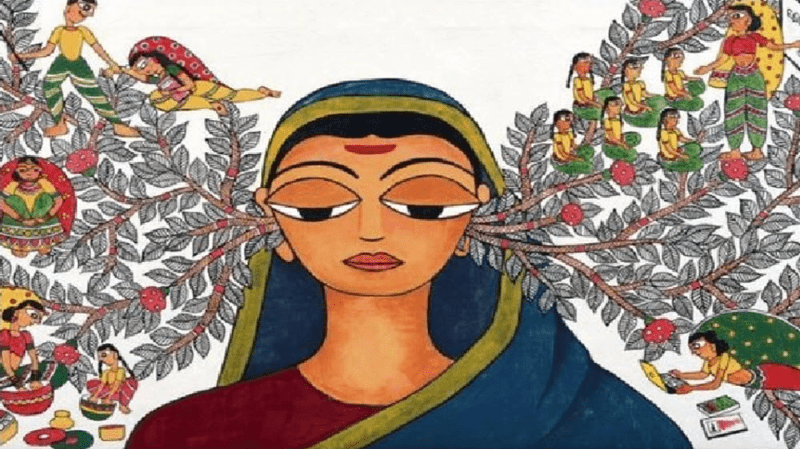

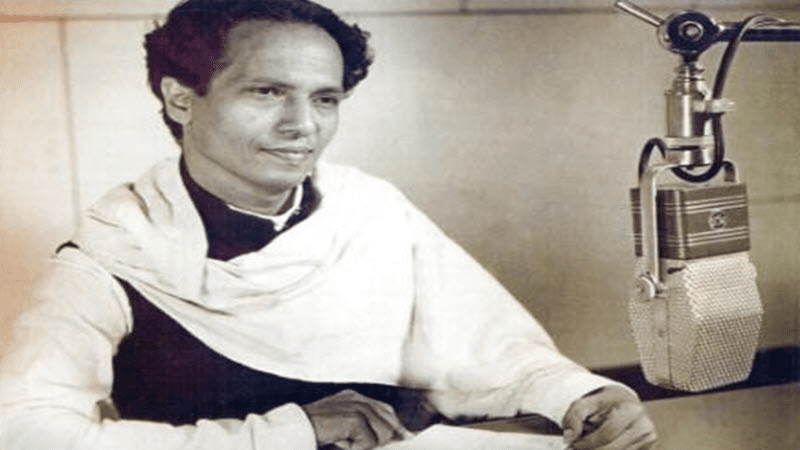
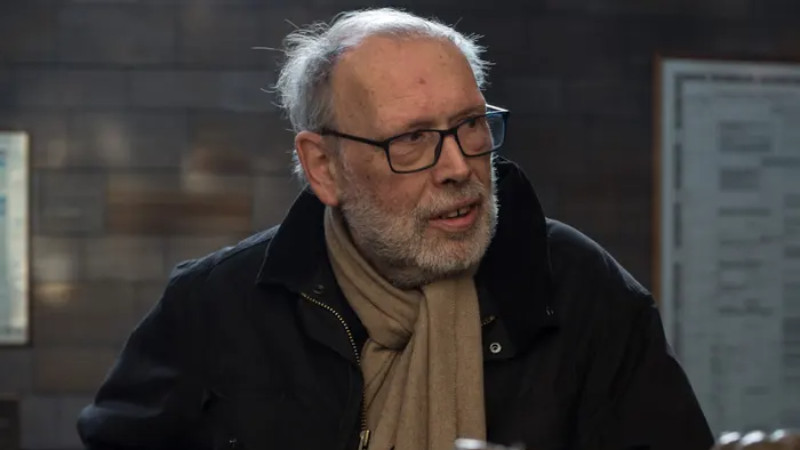
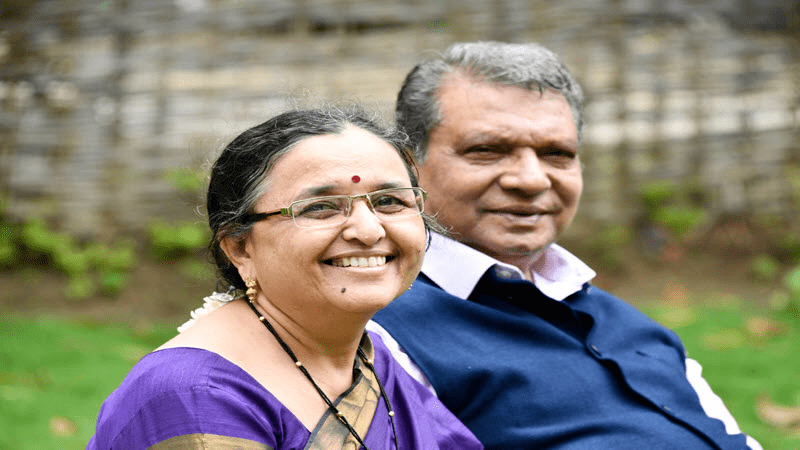

























Add Comment